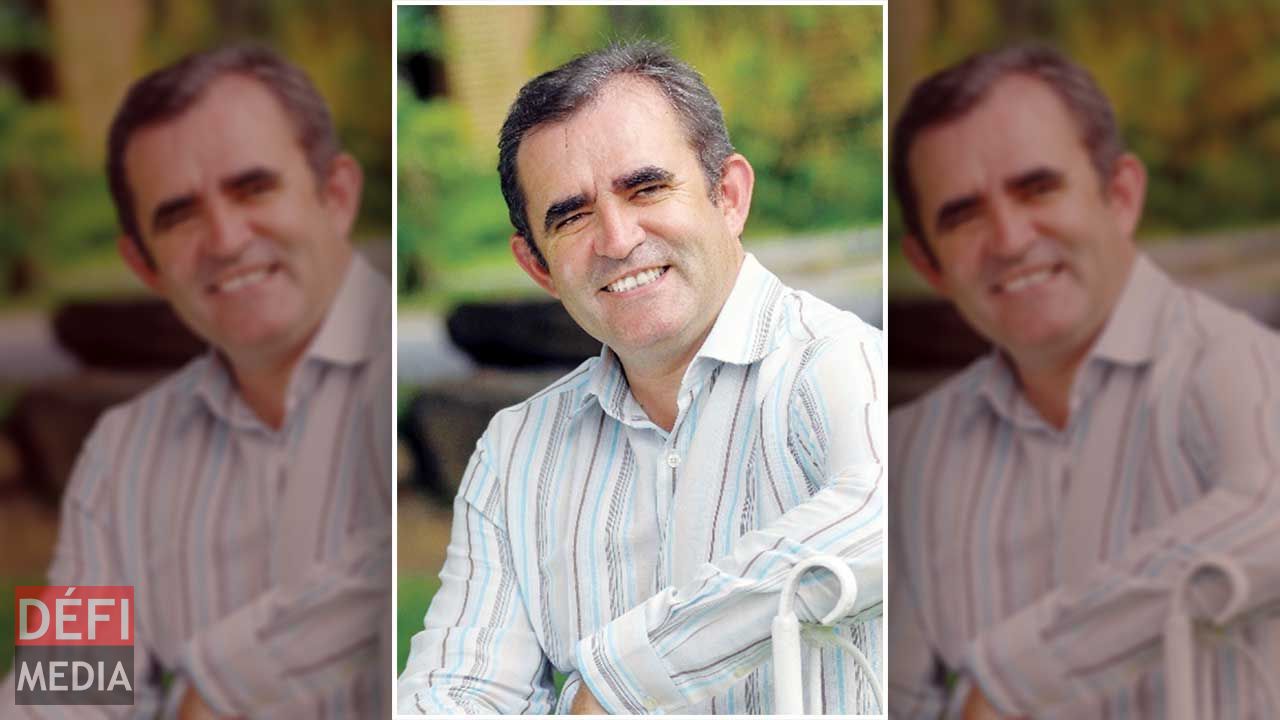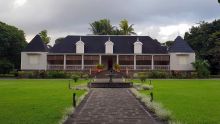
Jean Louis Pismont is the president of AHRIM, the Association of Hotels and Restaurants of Mauritius, with a long and rich career in the hospitality industry. News on Sunday sought for his views on this industry. His answers to our questions are quite revealing.
Publicité
What is the current state of affairs in the hotel industry?
The current situation is much better than what we went through between 2009 and 2014. Coming out of the crisis since 2009 was slower than expected and the lack of operational profits during those difficult years have had an impact on growth and on the value of hotel infrastructure generally, with renovations and up keeping works being reduced or delayed in many cases.
Since the second semester of 2014, things have improved significantly. Air connectivity has surged thanks to a major shift in our national outlook on the issue of open skies and concomitantly, to an increase in interest in the Mauritius destination and its airport by airlines. The wider conduit for air passenger growth, coupled with consistent and innovative destination marketing actions by the MTPA and the industry have inevitably lead to a major boost in arrivals. Two successive years of double-digit growth in 2015 and 2016 is no mean feat.
On the hotel industry side, performance indicators have improved generally. Hotel room occupancy rates are up again, average unit revenue per guest night is set to improve henceforth, after more than five stagnating years, and most hotels are using their improved revenues in a number of up keeping initiatives, such as re-investments, renovations and capital / debt restructuring.
We do have some challenges ahead. Performance ratios, namely the financial indicators, generally get stricter as investors are increasingly demanding. In our case, the seasonality of the destination makes it hard to compete against other sectors which do not face such events. We have twice as many tourists in December than in June for example. Our winter season runs from April/May to September/October and we will have to increase our initiatives during these long months in order to reduce this seasonality factor. Mauritius 365 being re-conducted this year again is a significant effort from the authorities and we need to enrich activities around it. There is so much to do beyond accommodation and the growth potential for unit tourist spends is very much there.
We have had an excellent start in 2017, with the first four months already cumulating 7.5% growth, but we are also aware of a number of issues. Since January 2017, the load factors for airlines on most of our main markets are decreasing. Though on most of these airlines, these load factors were exceptionally high in 2016, close monitoring will be required. Our performance on China, the most rapidly-growing market in recent years, has been regressing since last year; additional work and intelligence will be required for this market. We are also concerned by the Brexit outcome, and the reduced competitiveness of the Mauritian rupee against our major trading currencies. General elections in our main European markets additionally impact on tourism and we certainly lack visibility on many market factors in such situations.
Do you think there is still place for new hotels in Mauritius?
My answer would be a definite yes if we were to look solely at our peak months of 2015 and 2016. But you would know that this is never the full picture. I would be less forthcoming, and loaded with precaution, if I were to be the main investor and if my supporting financial institutions would need to be convinced of the viability of my investment. Many other factors come into play, and convergent decisions will have to come from the authorities and the investors alike. There is a need to determine our national carrying capacity; this extends to many aspects of sustainability, but also to resource availability. In any excellent year, a hotel will have to juggle with its fixed and variable resources to optimally allocate them to a 50% average occupancy in June and 80% occupancy in December for example. At the closure of any financial year, the unsold room nights will inevitably exceed 20% of the available inventory of rooms on average. All these are challenging factors that we hoteliers have learnt to deal with over many years. New investors will need to adapt their outlook onto these local specificities.
So, there is no definite right or wrong answer to your question. And the best one would probably be yes there is room for new hotels if they come with their own new guests, as long as they are sustainable in their location, and as long as their performance indicators such as investment payback period and unit financial return tally with the local context, and their expectations. We have more than 15 international brands operating in Mauritius right now and I believe we have already learnt many useful lessons.
What are your proposals in the context of Budget consultations with the Minister of Finance?
Our budgetary proposals have already been submitted earlier this month. We are proposing a series of measures that will help pursue the openness of our country, address the human capital challenges that we are faced with, reinforce our product and enhance its competitiveness, and very importantly, boost investment and growth. I will not be able to share all the details contained in our formal memorandum which remains a basis for further technical work, but I can cite a few of our key proposals.
We are inviting the authorities to maintain the increasing air connectivity policy to continue to send the right signals. And we are proposing a more explicit expatriate employment policy, which would recognise our competency gaps and the industry’s increasingly complex requirements. We would push for a better aligned education framework that would favour an earlier integration of students into the workplace and we are shouting for help for our national hotel school which today, lacks adequate resources and the required level of autonomy to better respond to industry needs, and survive.
We have also quoted a few feasible initiatives meant to reinforce our product and enhance its competitiveness; these include suggestions on safety and security issues, road signage, and excess stray dogs. We are claiming that the Environment Protection Fee, rated at 0.85% of monthly turnover on accommodation, is no longer an efficient and equitable tax. We do not see much benefit coming from it for the people and the community, and we believe in better forms of burden sharing. We are asking for a proper review of green taxation; sustainability initiatives need formal, institutionalised support and proper fiscal incentives. We have highlighted the fact that the rationalisation of public services should be actively pursued; you may not know that our public beaches for example, fall under the responsibility or purview of 12 different authorities…
Lastly, we believe Government can unlock process issues in our doing business modalities, and correct persistent anomalies such as the VAT charged on commission on credit cards and the demand charge billing policy of the CEB.

Notre service WhatsApp. Vous êtes témoins d`un événement d`actualité ou d`une scène insolite? Envoyez-nous vos photos ou vidéos sur le 5 259 82 00 !




















